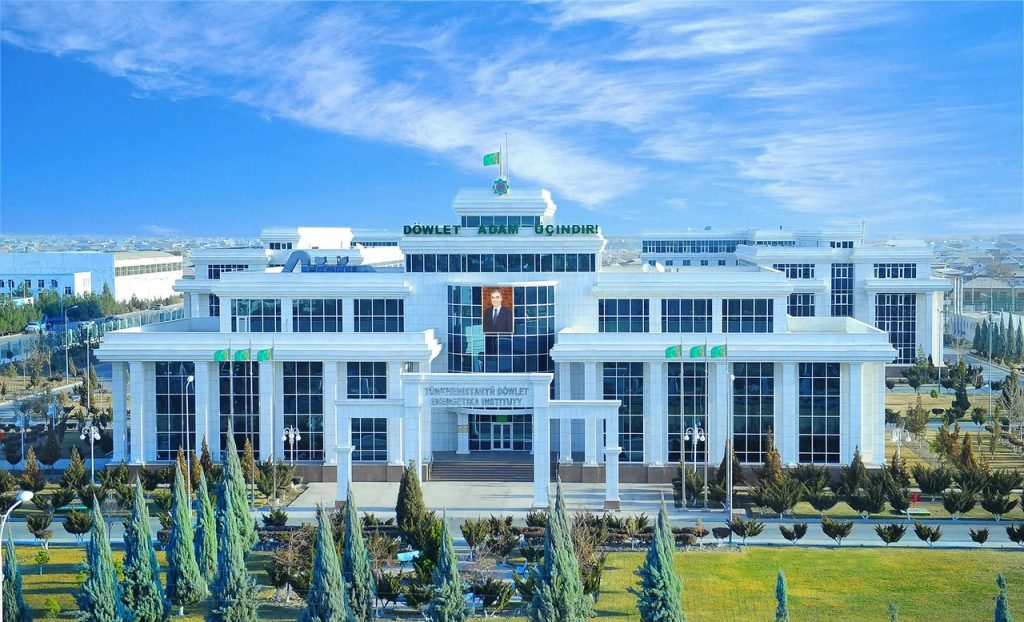The State Energy Institute of Turkmenistan (SEIT), based in Mary, has a faculty of advanced training of production specialists. Scientific seminars on modeling and management of energy systems are held on weekly basis at the university, the Neutral Turkmenistan newspaper reports.
At one of these seminars, M.Yakubov, a 4th-year student of the Faculty of Physics of Magtymguly Turkmen State University presented an innovative method of the accumulation process and heat exchange of solar energy. His invention is applicable for the installations of solar salt pond energy resources. The project was prepared under the guidance of Professor, Doctor of Physical and Mathematical Sciences M.Rakhimov.
At the seminar, the student said that his work was inspired by Professor M.Rakhimov, who voiced the idea of the functioning of a pool with sea water, which is divided into three layers depending on the concentration of salt and temperature.
The lower water layer has the maximum temperature, so it is capable to accumulate solar energy. This accumulated energy is transferred to the working body through brine. As a result, it is planned to generate electricity through evaporation using a turbine and a generator.
In the last two years, experiments have been carried out in order to accumulate solar energy in a solar salt pool built in the SEIT. A distinctive feature of the experiment is the use of brines from natural ponds of Turkmenistan without the addition of other chemical elements.
Subsequently, M.Yakubov managed to design a steam turbine with new innovative technical changes. The significance of this scientific work lies in the utilization of Turkmenistan’s artificial reservoirs and salt lakes for the production of cheap electricity, as well as the collection and recycling of water for washing the salinity-prone farmland.
It is worth noting that the educational process in the SEIT is closely linked with the application of theory taught in practice. The Institute and the Mary state power plant will collaborate on scientific and methodological work. Students will receive practical training in the laboratory, which is necessary for the completion of the thesis. The teaching staff will also undertake scientific and methodological work. ///nCa, 28 December 2022
